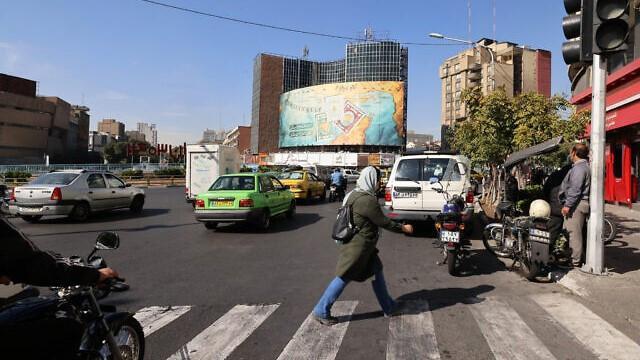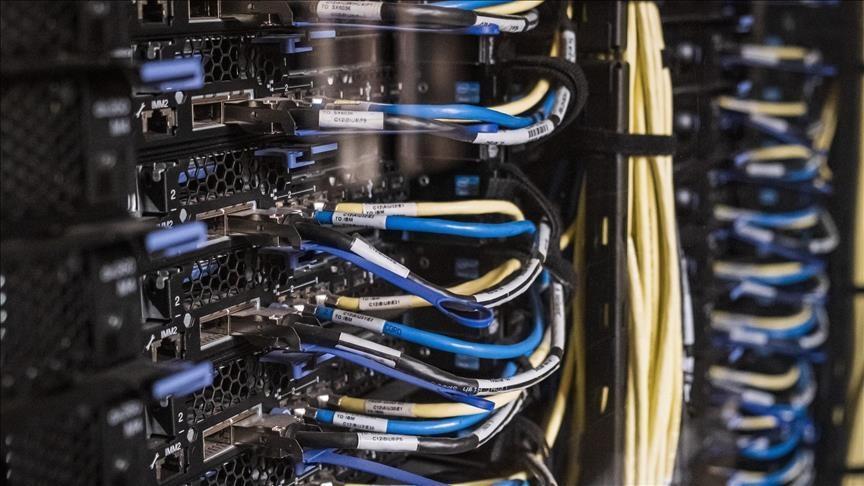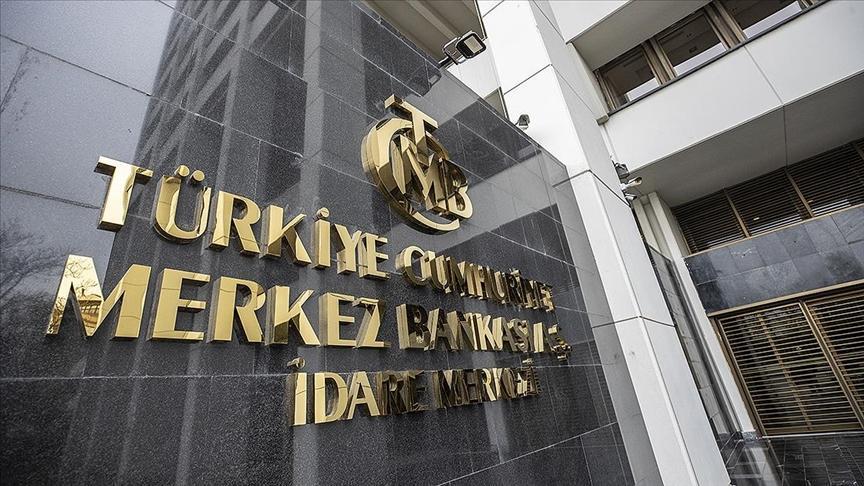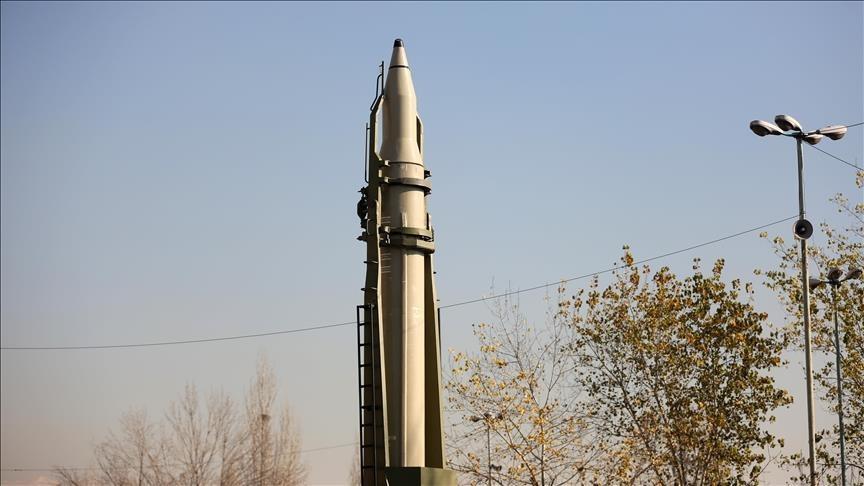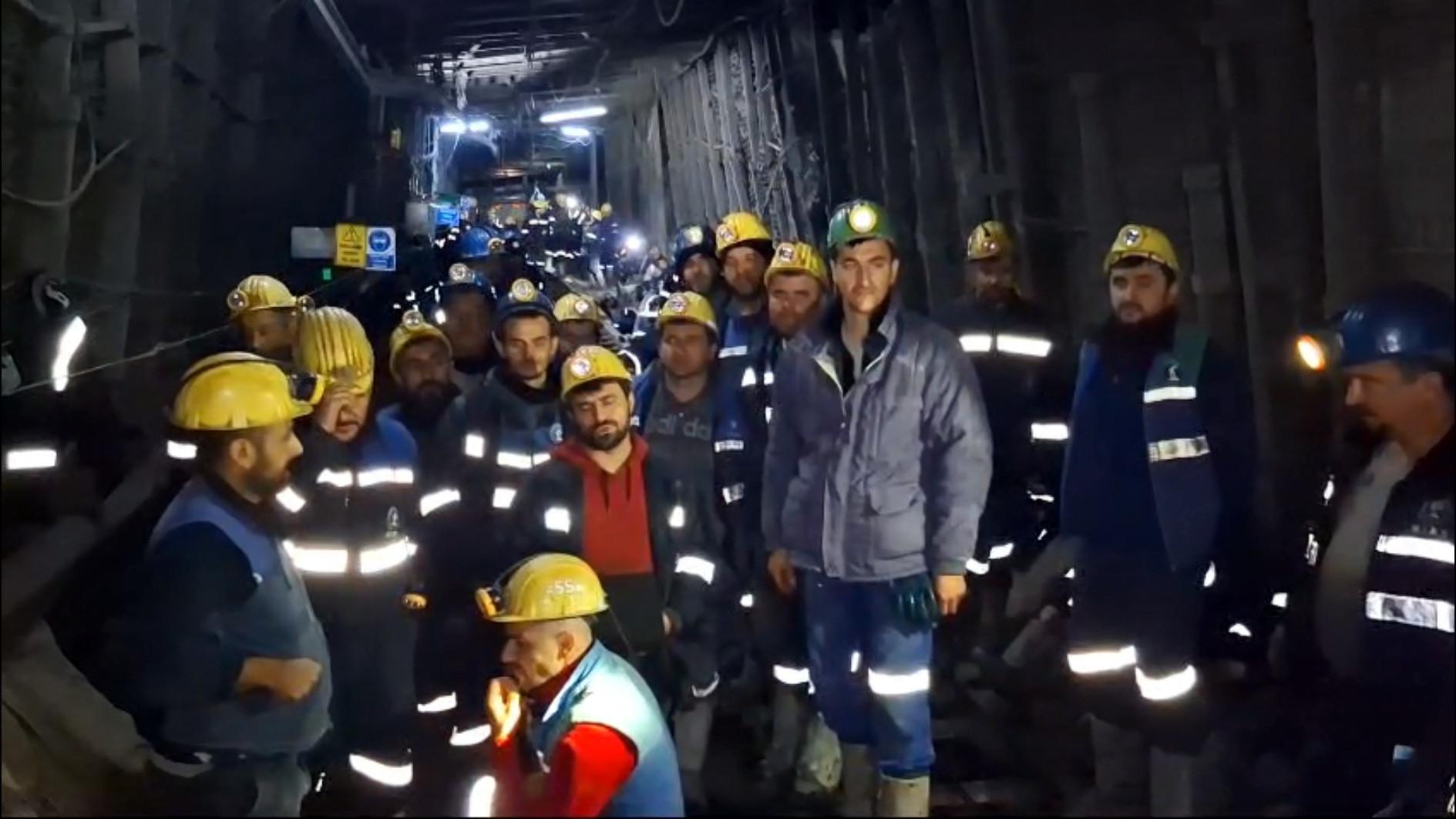Turkish FM wary of weapons assistance to Iraq falling into PKK hands
ANKARA - Anadolu Agency
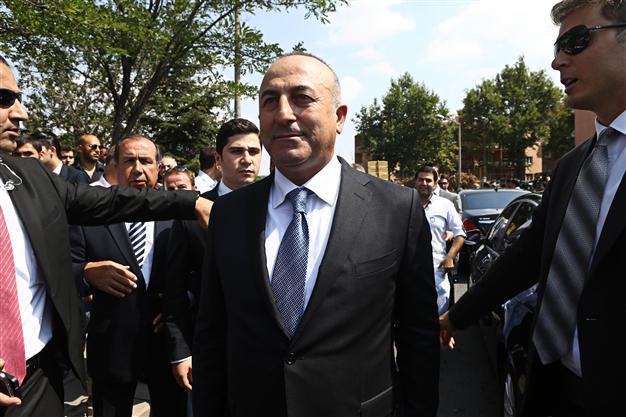
Turkish Foreign Minister Mevlut Çavuşoğlu expressed concerns Sept. 8 that the outlawed Kurdistan Workers’ Party (PKK) could receive international weapons. AFP Photo
Turkey’s new foreign minister expressed concerns Sept. 8 that the outlawed Kurdistan Workers’ Party (PKK) could receive international weapons meant to combat the Islamic State in Iraq and the Levant (ISIL).Mevlüt Çavuşoğlu said the international weapons assistance being provided to Kurdish peshmerga forces to boost them in their fight against ISIL militants should not end up in the hands of the PKK.
“The Iraqi army is an army based on sectarianism,” Çavuşoğlu told Anadolu Agency Sept. 8. “So this may make it difficult to control the weapons handed to them. This assistance should be provided by taking into account the restructuring of the Iraqi army. We have publically expressed our sensitivity about this issue.”
His remarks came a week after the co-chair of the Peoples’ Democratic Party (HDP), Selahattin Demirtaş, suggested that Turkey should provide weapons to the PKK. “It would be better that it’s Turkey who provides these weapons and not the U.S.,” Demirtaş said.
Çavuşoğlu also said 1,000 foreigners considered as “potential terrorists” had either been arrested or deported from Turkey to prevent them from crossing into conflict zones.
Çavuşoğlu took over from Ahmet Davutoğlu after the latter was named the country’s new prime minister.
Çavuşoğlu also said he expected U.S. President Barack Obama to unveil economic and political measures when he announces his strategy against ISIL on Sept. 10.
“We don’t think it will only be a military action. We expect a comprehensive announcement including economic development, stability and the formation of a unified and inclusive government,” he said.
Turkey may raise caveats in anti-ISIL coalition
Meanwhile, Turkey appears to have indicated that it would list certain caveats to an eventual decision to play a role in a coalition the United States is building to strike at ISIL targets in Iraq and possibly Syria. This comes as a top U.S. Defense Secretary Chuck Hagel arrived in Ankara on Sept. 8 for meetings with both governmental and military leaders to discuss the yet-to-be-formed “core coalition” the U.S. identified last week at the NATO summit.
“Turkey’s participation in every development and in every step that will be taken within the region is our allies’ desire. But we openly told them what will happen, how it will happen, what we will do and what we will not do,” said Çavuşoğlu, speaking before Hagel held talks with governmental and military leaders of the country later in the day.
During the NATO Summit in Wales this past weekend, the allies discussed about gathering a force within NATO to intervene in threats as soon as they emerge, Çavuşoğlu said. However, no decision has been made about how to make this happen, he added.
President Recep Tayyip Erdoğan represented Turkey at the summit and held a bilateral meeting with U.S. President Barack Obama at its sidelines, discussing in depth the threat posed by ISIL militants.
“We stated that we would act with our allies, and we would do whatever falls on our shoulders on this issue, particularly about the threats in the region,” Çavuşoğlu responded, when asked whether humanitarian assistance contributions or military contributions in potential actions against ISIL were expected from Turkey.
“Our difference is the fact that we very well know and [are] familiar with the realities in the region; we know the reasons as well, and we shared these facts with our allies too. But at the moment, there is no expectation or demand that states, ‘We expect Turkey to assume [this] task on this issue.’ However, in principle, we said at every platform that we would do our part for our region’s stability and to end bloodshed and tears,” Çavuşoğlu said.
Regional tour
Çavuşoğlu is also set to begin a three-day trip to regional countries amid the expanding threat posed by ISIL. His itinerary will include Jordan, Bahrain and Qatar, as well as Saudi Arabia where he will attend a meeting on the current threats and risks posed to the Middle East. Çavuşoğlu’s tour will begin in Jordan on Sept. 9 and will end Sept. 11 in Jeddah, the Foreign Ministry said in a written statement on Sept. 8.
Çavuşoğlu is expected to meet with Jordan’s King Abdullah, Bahrain’s King Hamad Bin Isa al-Khalifa and Qatar’s Sheikh Hamad al-Thani along with foreign ministers of these countries.


